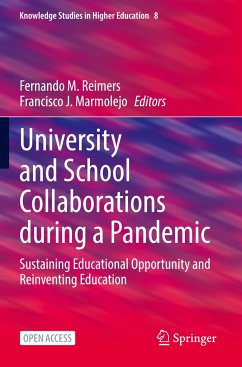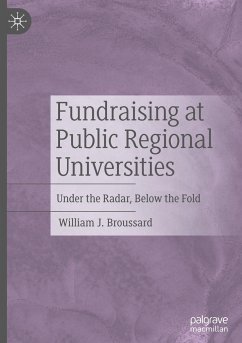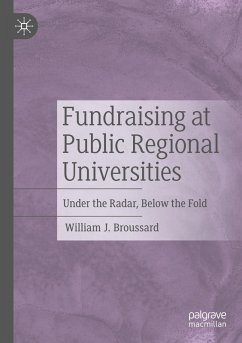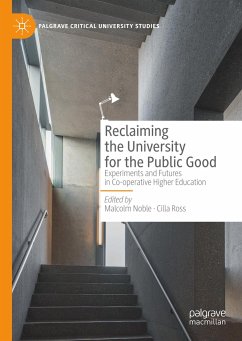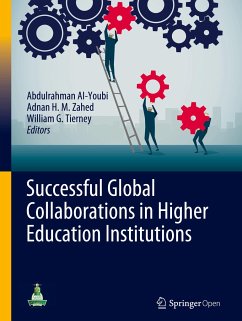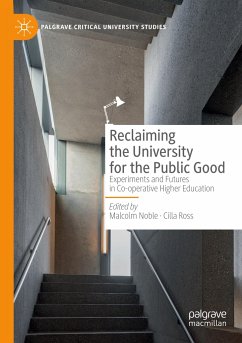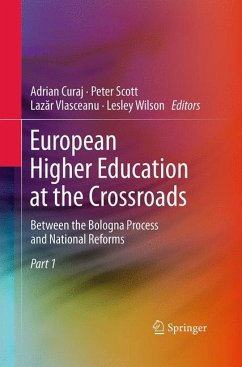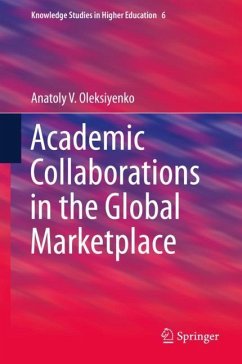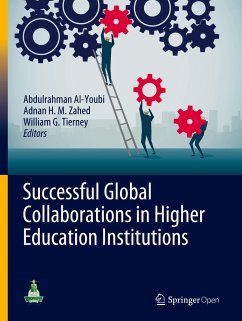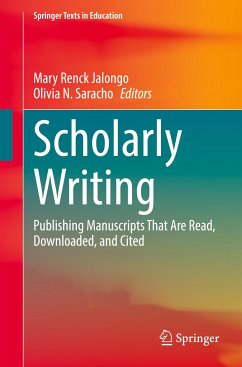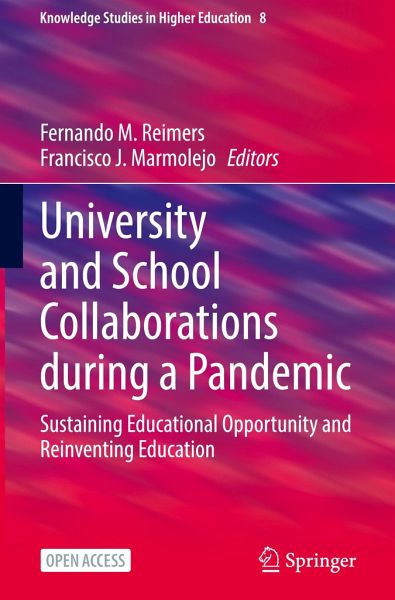
University and School Collaborations during a Pandemic
Sustaining Educational Opportunity and Reinventing Education
Herausgegeben: Reimers, Fernando M.; Marmolejo, Francisco J.
Versandkostenfrei!
Versandfertig in 6-10 Tagen
38,99 €
inkl. MwSt.

PAYBACK Punkte
19 °P sammeln!
Based on twenty case studies of universities worldwide, and on a survey administered to leaders in 101 universities, this open access book shows that, amidst the significant challenges caused by the COVID-19 pandemic, universities found ways to engage with schools to support them in sustaining educational opportunity. In doing so, they generated considerable innovation, which reinforced the integration of the research and outreach functions of the university.The evidence suggests that universities are indeed open systems, in interaction with their environment, able to discover changes that can...
Based on twenty case studies of universities worldwide, and on a survey administered to leaders in 101 universities, this open access book shows that, amidst the significant challenges caused by the COVID-19 pandemic, universities found ways to engage with schools to support them in sustaining educational opportunity. In doing so, they generated considerable innovation, which reinforced the integration of the research and outreach functions of the university.
The evidence suggests that universities are indeed open systems, in interaction with their environment, able to discover changes that can influence them and to change in response to those changes. They are also able, in the success of their efforts to mitigate the educational impact of the pandemic, to create better futures, as the result of the innovations they can generate. This challenges the view of universities as "ivory towers" being isolated from the surrounding environment and detached from local problems.
As they reached out to schools, universities not only generated clear and valuable innovations to sustain educational opportunity and to improve it, this process also contributed to transform internal university processes in ways that enhanced their own ability to deliver on the third mission of outreach.
The evidence suggests that universities are indeed open systems, in interaction with their environment, able to discover changes that can influence them and to change in response to those changes. They are also able, in the success of their efforts to mitigate the educational impact of the pandemic, to create better futures, as the result of the innovations they can generate. This challenges the view of universities as "ivory towers" being isolated from the surrounding environment and detached from local problems.
As they reached out to schools, universities not only generated clear and valuable innovations to sustain educational opportunity and to improve it, this process also contributed to transform internal university processes in ways that enhanced their own ability to deliver on the third mission of outreach.



